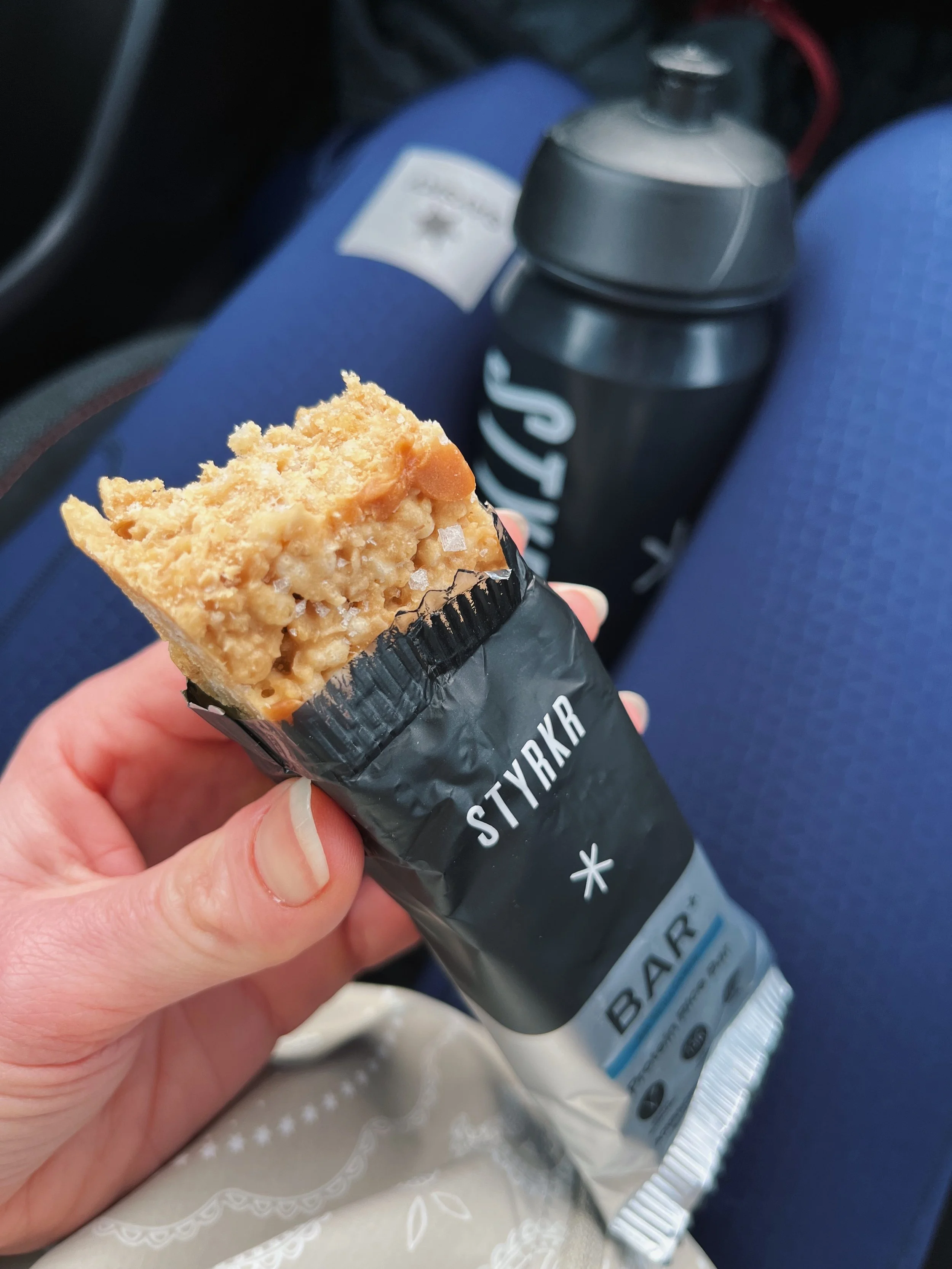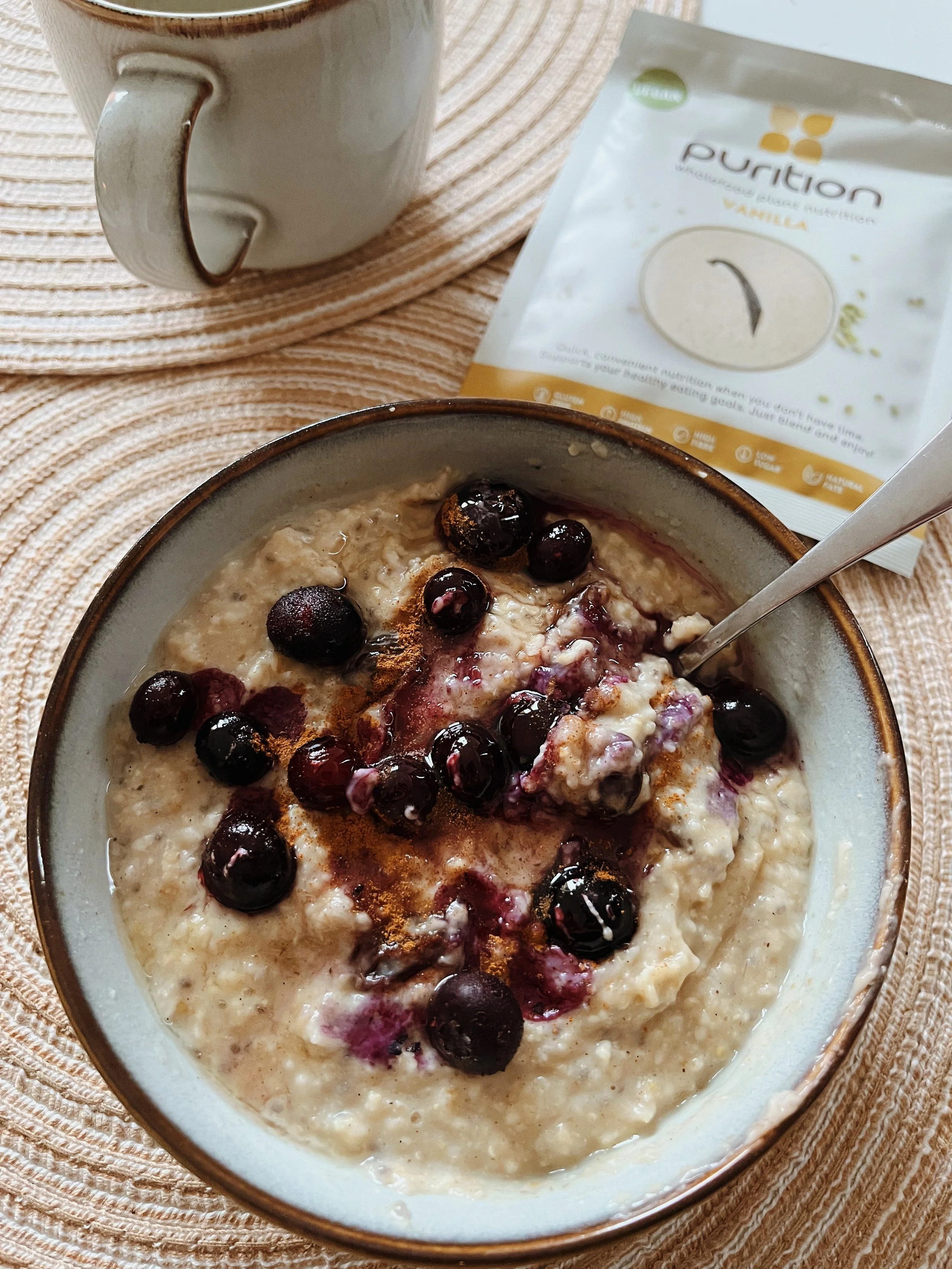The best sources of Iodine for vegans
Contrary to popular belief, protein isn’t the nutrient you need to be concerned about when going vegan. Indeed, the risk of lacking some key vitamins (like B12) and minerals, like Iodine, is much higher. Today, let’s talk about the best sources of Iodine for vegans.
What is Iodine?
Iodine is a mineral that is found in the Earth’s soil as well as in the oceans. It naturally occurs in some foods such as seaweeds and is added to others, for instance salt. Iodine can’t be produced by our body and we need to get our daily recommended intake through our diet.
Why do we need Iodine?
Iodine is a key mineral for the proper functioning of the thyroid. It is needed to produce thyroid hormones T3 and T4.
The thyroid is involved in many hormonal functions, from appetite regulation to nutrient absorption, blood flow and circulation, sleep and even tissue repair.
Iodine deficiency risks
An Iodine deficiency might cause thyroid issues ranging from mild to very serious if not treated.
Hypothyroidism can be due to an Iodine deficiency and results in a wide variety of symptoms from fatigue to dry skin, fertility issues, weight gain, constipation as well as depression and memory problems. A severe deficiency can cause swelling of the neck.
Pregnant women with an Iodine deficiency have an increased risk of miscarriage and stillbirth.
Why are vegans more at risk of an Iodine deficiency?
Studies have shown that vegetarians and vegans are more prone to Iodine deficiencies because plants tend to have less iodine than animal products.
Which is why it’s very important to be aware of your Iodine consumption and ensure you’re getting enough of it.
What is the recommended Iodine intake?
According to the NHS, in the UK, the recommended iodine intake for adults is 140 micrograms per day. Pregnant and breastfeeding women will need to consume over 200 micrograms per day.
The best plant-based sources of Iodine
Kelp
Kombu Kelp can contain up to 3,000 mcg of Iodine per seaweed sheet (1 gram).
Dried kelp is often used as a garnish in salads and can also be soaked in water to become rehydrated.
Where to find Kelp?
Buy it on Amazon from The Cornish Seaweed Company
Dulse
1g of dulse contains up to 300 mcg of Iodine.
Dulse is a red algae that is also high in vitamin B-6, iron, and potassium.
Dulse flakes are my personal favourite to sprinkle on salads and even warm dishes.
Where to find Dulse?
Buy dried dulse on Amazon from The Cornish Seaweed Company as well as dulse flakes.
Cranberries
One serving (around 110) contains 400 mcg of Iodine.
Cranberries are a tiny fruit that also contains iron and vitamin C. They make a delicious porridge topping, granola ingredient and can even complement savoury dishes.
Iodized Salt
Half a teaspoon is usually enough to hit your recommended daily intake.
Iodized salt is widely available and can be used in cooking or sprinkled onto a meal.
Navy Beans
1/2 cup of navy beans provides you with 32 mcg of Iodine
Navy beans are small and white beans that are very nutrient-rich, containing potassium, protein, iron, and folate.
You may also like:
This post contains some affiliate links. I may earn a small commission if you make a purchase through this blog, however it doesn’t change the price of the item for you. Thank you for your support :)







